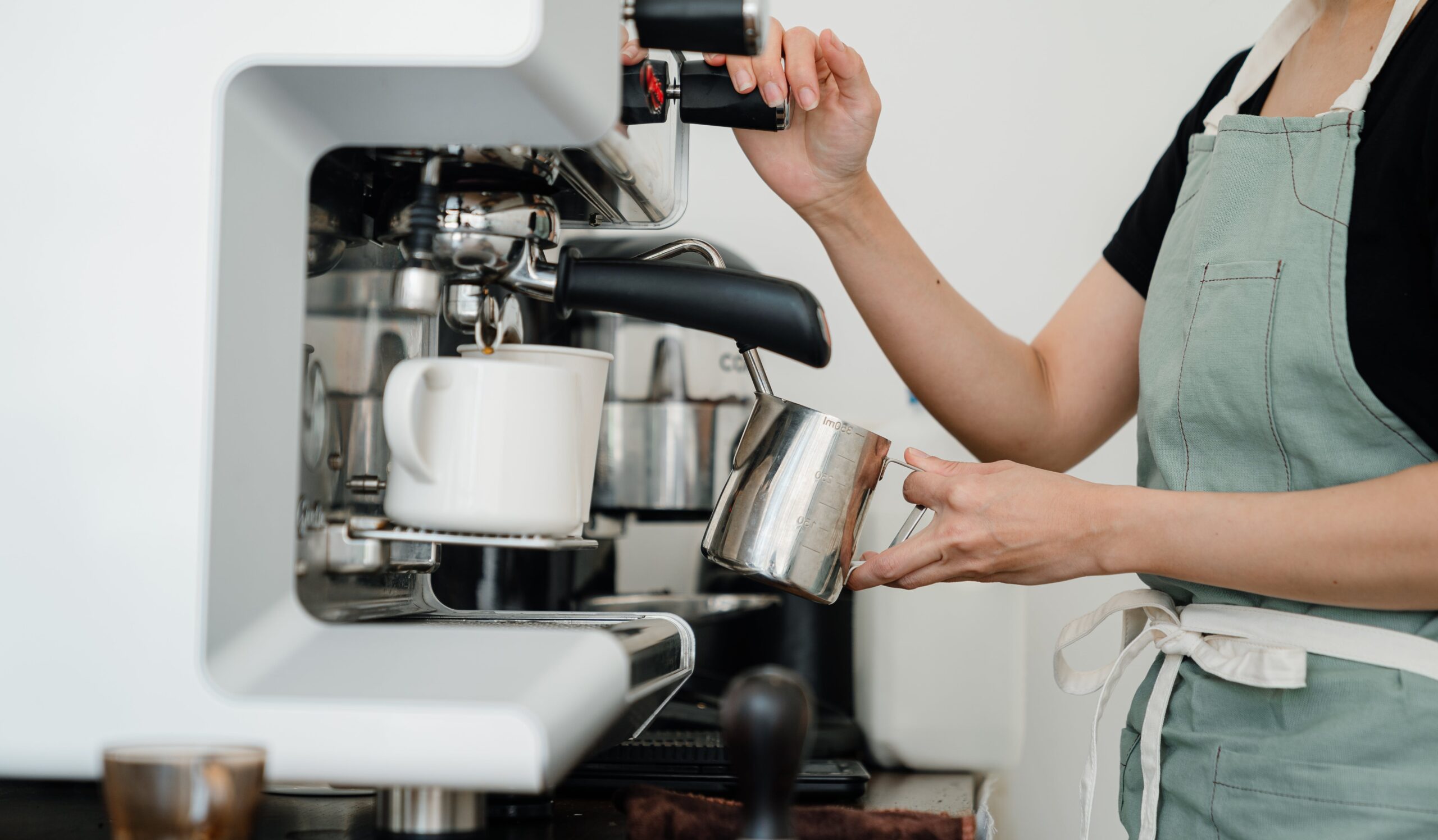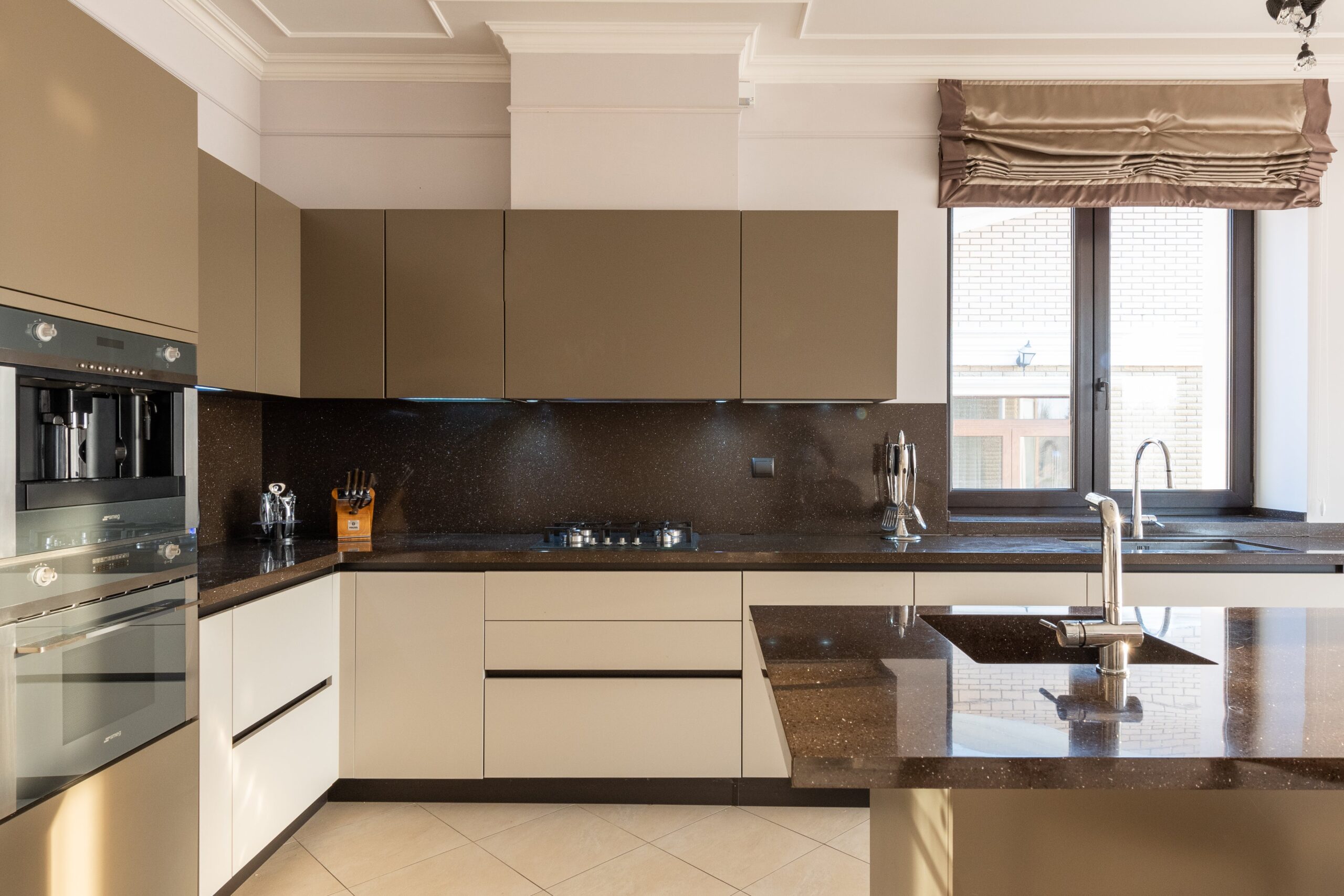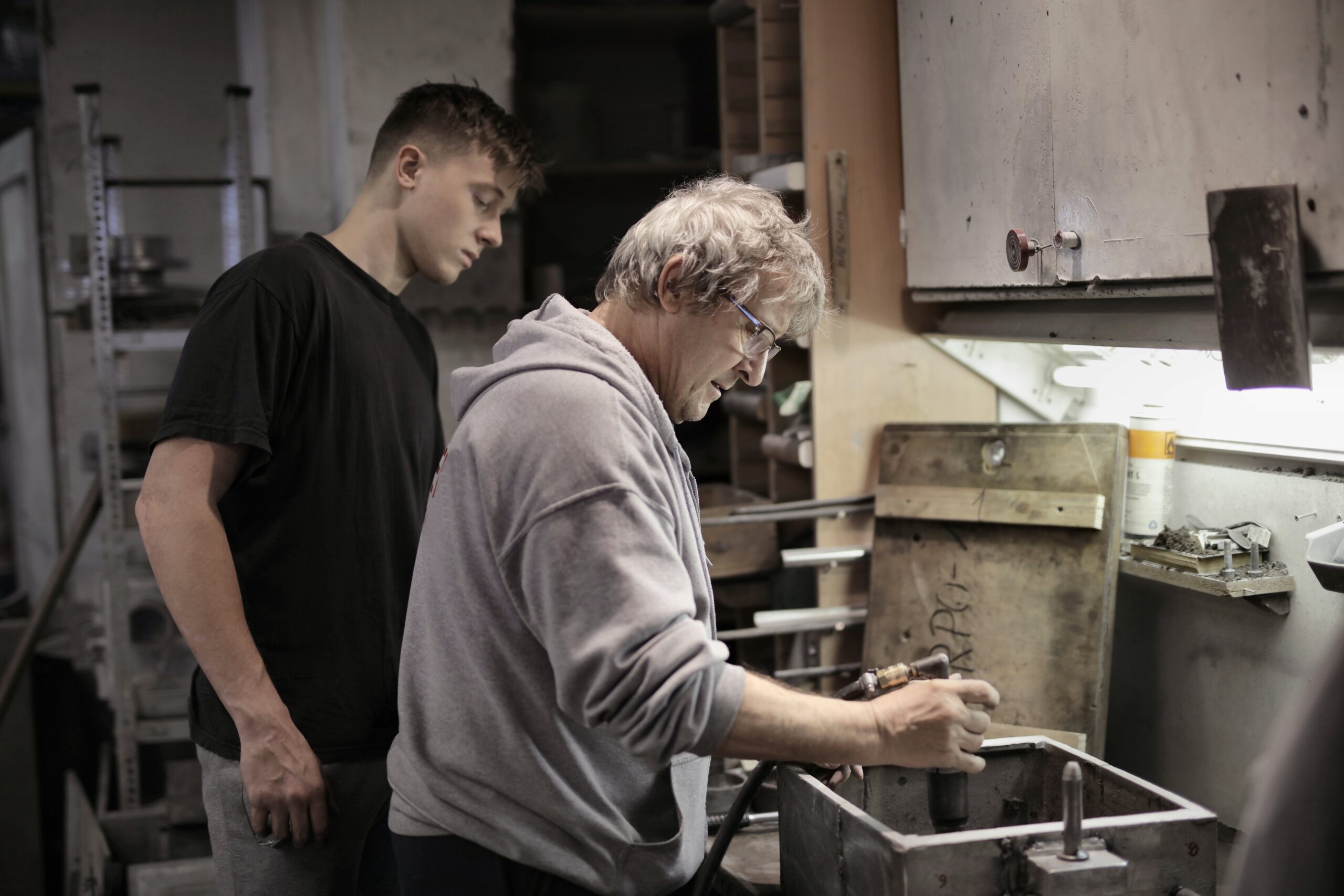Appliances are a necessary part of our daily life since they make duties simpler and increase our comfort. They are the unseen workhorses that fuel our contemporary homes and make a variety of jobs easier. The safety of appliances must be ensured at all costs. Knowing that our equipment is being used and maintained correctly brings us an unimaginable piece of mind. Not only is it convenient, but it also protects our homes and loved ones.
However, misusing an appliance and failing to perform routine maintenance might have serious implications. Neglect can have costly and occasionally fatal knock-on effects, including safety risks and higher energy expenses. In this article, we will examine the crucial recommendations to reduce these dangers and maintain the efficiency of your appliances.
Appliance Safety Tips
- Before utilizing a new appliance, make sure you thoroughly read the manufacturer’s instructions
- Carefully handle flexes and inspect them frequently for wear indicators
- Do not construct joints to lengthen a flex or fix a broken flex
- Any devices or plugs that are damaged or exhibit indications of overheating should be replaced
- To remove a plug from a socket, do not drag an appliance by the flex or tug on the flex
- Avoid overloading sockets and, if necessary, use fused extension leads
- Before using an extension lead, fully uncoil it
- Do not drape garments or other stuff over an electric heater
- To reduce the risk of fire, keep heaters away from bedsheets, clothing, and curtains
- When it is raining, avoid using portable equipment in moist areas like the bathroom or the yard
Electrical Safety and Fire Prevention
To maintain a safe and risk-free environment at home and work, electrical safety and fire prevention are essential. Several crucial procedures should be followed to reduce the danger of electrical mishaps and fires.
Electrical fires frequently result from overloaded electrical circuits. A single circuit may get overheated and subject to short circuits if too many appliances or devices are connected to it. It is crucial to spread the load equally over many circuits to avoid overloading. Avoid daisy-chaining extension cables or power strips since this might strain the circuit and raise the danger of fire. For high-power appliances, use dedicated circuits; avoid putting several devices into the same outlet. To prevent overloading circuits, always adhere to the manufacturer’s recommendations for maximum load capabilities.
Over time, electrical cords and plugs can deteriorate, which raises the risk of electrical problems and fires. Check cables and plugs often for wear indicators like fraying, exposed wires, or cracked insulation. Replace any broken wires or plugs right away if any problems are found. Use extension cables and power strips with a ground (third prong) and making sure plugs fit firmly into sockets is also imperative. Sparks or overheating caused by loose or shaky plugs can start fires. You may considerably lower the danger of electrical risks by keeping up with and quickly replacing worn-out wires and plugs.
Power strips and extension cables are useful tools for supplying electricity to several devices, but they must be used properly to guarantee safety. Avoid plugging in too many gadgets at once to avoid overloading extension cables or power strips. There is a limited load capacity for each cord or strip, thus it is important to respect these restrictions. Make sure cords are not crimped or squeezed, since this might harm the insulation and wires. To avoid electric shock or short circuits when using extension cords outside, ensure they are suitable for outdoor usage and store them dry. Last but not least, to lower the possibility of overheating and fire, avoid using frayed or broken extension cables and always disconnect them when not in use.
Major Appliance Buying Guide
Making educated judgments is crucial since big appliance purchases involve a substantial financial commitment. You may get aid with the process by using our purchase guide for major appliances. Think about your needs and budget first. Establish your spending limit and the appliances you require. This will enable you to focus your search and limit your spending.
Measure your space next. The appliances you select should fit in your kitchen or laundry area, for example. To prevent installation complications or a crowded living area, this step is essential. Additionally, look into the appliance ratings for energy efficiency. Look for the Energy Star designation, which verifies that the appliance satisfies certain requirements for energy efficiency. Over time, investing in energy-efficient equipment can reduce your electricity costs.
To understand about the dependability and performance of various models, read reviews and research various manufacturers. Consult with friends and family members who have used the appliances you are considering for advice. It is also crucial to compare warranties and feature sets. While some appliances have high-end features that can be worth the additional money, others are simpler but dependable.
Visit many stores when you are shopping to compare costs and bargain for the greatest offer. Delivery and installation fees should also be taken into account because they might drastically increase your final cost. Consider whether the additional peace of mind is worth the cost before purchasing the extended warranties that many shops offer.
Check the store’s return and exchange policies before making a purchase. Being aware of your options is critical if you are dissatisfied with your appliance. Finally, to increase the longevity of your appliances, maintain and care for them. They can work more effectively and avoid breakdowns with routine cleaning and maintenance.
Well, when purchasing large appliances, it is important to carefully assess your demands, finances, available space, energy efficiency, and product characteristics. Ask for referrals, conduct your research, compare your alternatives, and read reviews. Be mindful of return conditions and bargain for the best price. Your appliances will last longer and function at their best with regular maintenance, giving you the most return on your investment.
Appliance Maintenance
Regular maintenance not only enhances energy efficiency and reduces potential safety issues, but also helps prevent unexpected breakdowns. Understanding how to properly clean, examine, and service different appliances is essential in this profession for maximizing their lifespan and preserving their performance. Appliance maintenance, whether it is for your HVAC system, refrigerator, or washing machine, is a preventative measure to keep your everyday life operating smoothly.
Safety Tips on Cleaning Electronic Home Appliances
Unplug before cleaning
Because the circuits and wires in small appliances are close together, cleaning them (particularly with damp tools) might result in short-circuiting. Before cleaning, switch them off and disconnect them as a recommended practice.
Clean electrical cords
Electronic appliance wires, particularly those used in the kitchen, tend to accumulate dust and dirt over time. Make sure it is not plugged in before using a feather duster or a damp towel to wipe the electrical cable. Avoid using aggressive chemicals that might corrode or eat away at the insulation of the wire.
Do not use the appliance if you notice a frayed or exposed wire. Before using it, get it repaired or completely replaced.
Before beginning the cleaning procedure, identify the washable components.
Do not wash the blender with soap and water if you are thinking about it! You could be causing certain delicate electronic components to become wet, which might cause damage or a short circuit. To find out which elements of the appliance may be washed, and which need to be cleaned specifically, see the product handbook.
Clean air vents
Some home appliances, including microwaves and tiny refrigerators, feature air vents that are intended to exhaust hot air from the engine and keep it from overheating. The vent may accumulate dust and debris over time, which might obstruct the holes and raise the risk of an appliance’s engine overheating.
Here is an easy solution: Use a cotton swab or damp towel to clean the vents. Ensure the air vent is at least 2 inches away from any potential obstructions after cleaning.
Child and Pet Safety Around Appliances
Installing safety locks and guards is crucial to preventing curious kids and playful dogs from getting access to potentially hazardous gadgets. Ovens, refrigerators, dishwashers, and other appliances with reachable buttons or knobs can all have these safety features installed. You lower the possibility of accidents, burns, or injuries brought on by illegal operations by limiting access to these items. Physical barriers, such as safety locks and guards, provide an additional degree of security.
Protecting children begins with educating them about how to use appliances safely. Inform children about the risks that come with using appliances, such as scorching surfaces, jagged edges, or electrical hazards. Encourage kids to avoid touching operating appliances and warn them about the dangers of messing with wires or buttons. To make sure that young children understand the significance of appliance safety and the repercussions of misusing this equipment, supervision is essential.
Children and animals can both trip over unattended wires and accessories. Secure appliance cables and accessories away from children to prevent mishaps. Keep wires neatly organized and away from pathways by using cord organizers or clips. Additionally, while not in use, put minor appliance components like coffee grinder parts or blender blades in secured cabinets. This keeps the area clean of clutter while lowering the chance of unintentional damage.
Conclusion
In summary, this article underlines the critical significance of responsible appliance usage and maintenance in ensuring the safety of people and their homes. Readers may decrease their risk of accidents, increase the longevity of their equipment, and save expensive repairs according to these recommendations. Putting safety and adequate maintenance first is essential to competent home management and goes beyond simple convenience.



